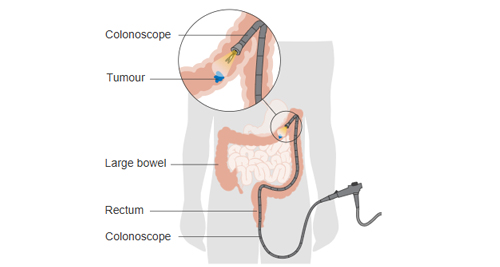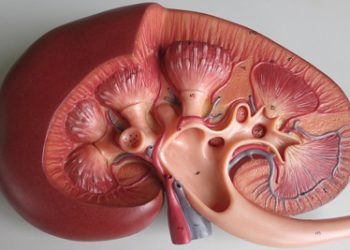Treatment Options for Bowel Cancer
Treatment options for bowel cancer depends on the stage of the cancer, location, and the patient’s overall health. Most cases require a combination of surgery, chemotherapy, and possibly radiation therapy.
1. Surgery
- The main treatment for early-stage bowel cancer.
- Types of procedures include:
- Colectomy: Removal of part or all of the colon.
- Proctectomy: Removal of part or all of the rectum.
- Lymph node removal: Done during surgery to check for spread.
- In some cases, a temporary or permanent colostomy may be needed, where stool is diverted to a bag outside the body.
2. Chemotherapy
- Used when:
- Cancer has spread to lymph nodes or other organs.
- Surgery is not possible.
- To shrink tumours before surgery (neoadjuvant).
- Common drugs include 5-FU (fluorouracil), capecitabine, and oxaliplatin.
- Side effects: nausea, fatigue, lowered immunity, hair thinning.
3. Radiation therapy
- More commonly used for rectal cancer to reduce tumour size before surgery or after surgery to kill remaining cancer cells.
4. Targeted therapies and immunotherapy
- Used in advanced bowel cancer with specific genetic mutations.
- More common in private hospitals or trial settings in South Africa.
5. Palliative care
- In stage IV or untreatable cases, focus shifts to:
- Pain management
- Maintaining quality of life
- Emotional and spiritual support
Multidisciplinary teams — including oncologists, surgeons, dietitians, psychologists, and nurses — offer the best outcomes when care is coordinated.
Treatment Options for Bowel Cancer In South Africa:
- Private care provides quicker access to advanced treatments.
- Public healthcare covers surgery and chemotherapy but may have delays due to limited resources.
- Early-stage cancers treated in time offer excellent prognosis.
👉 [Next: Living with Bowel Cancer – Recovery and Support]


